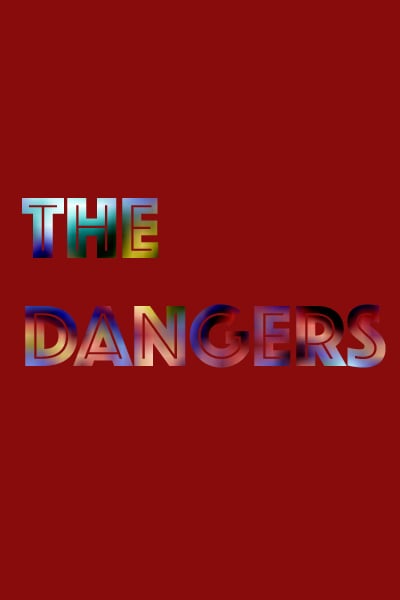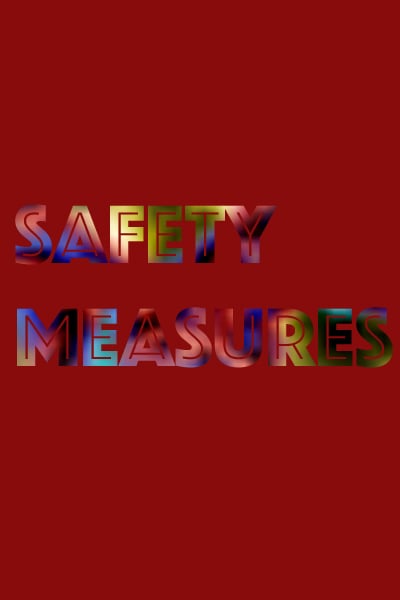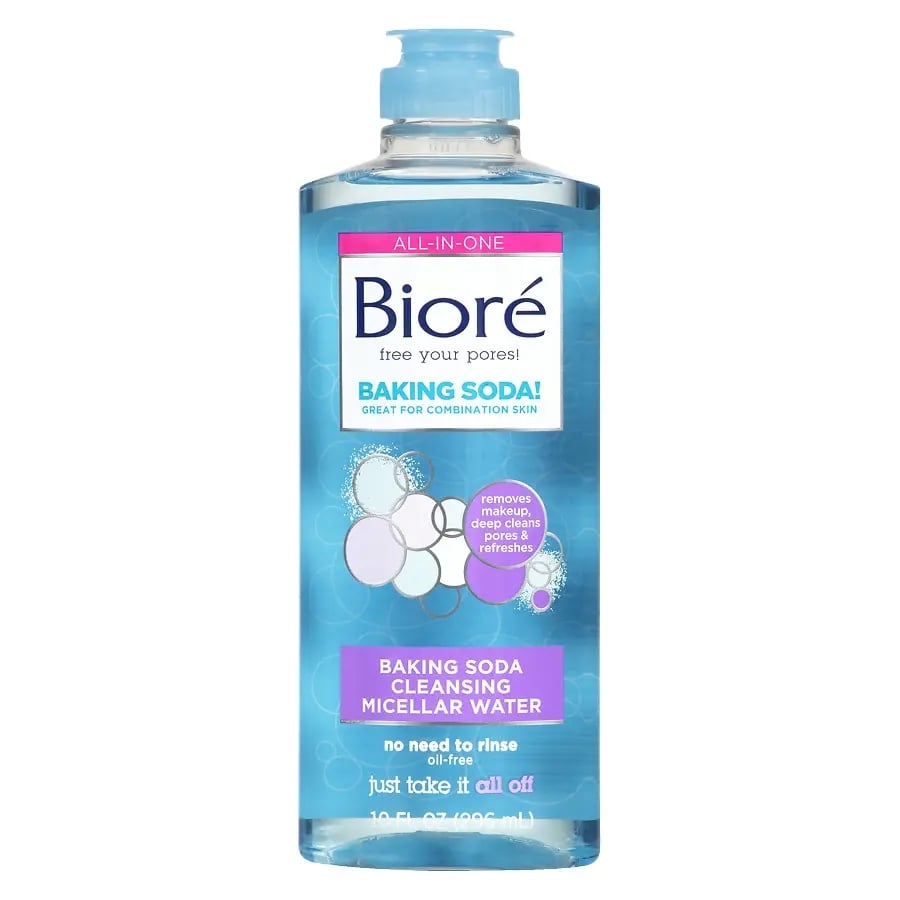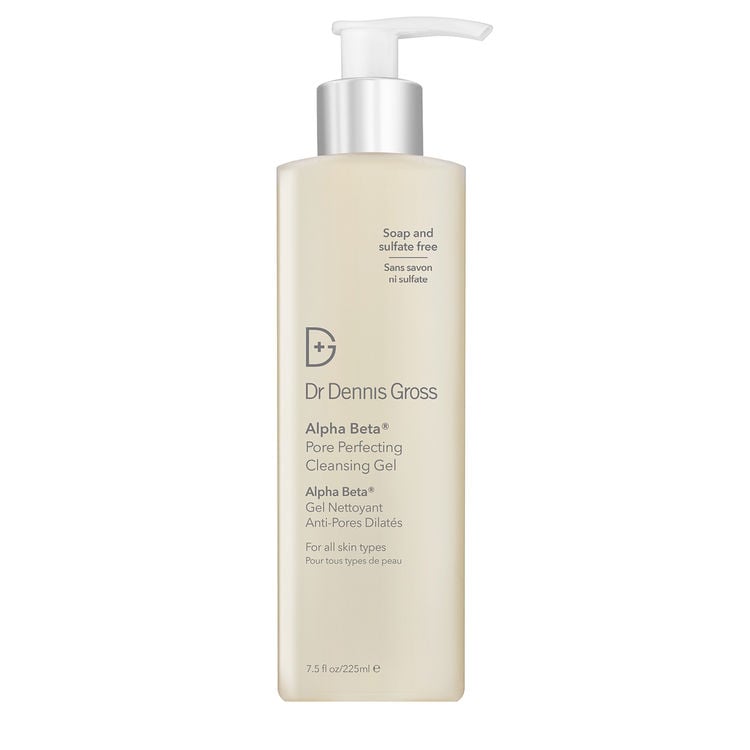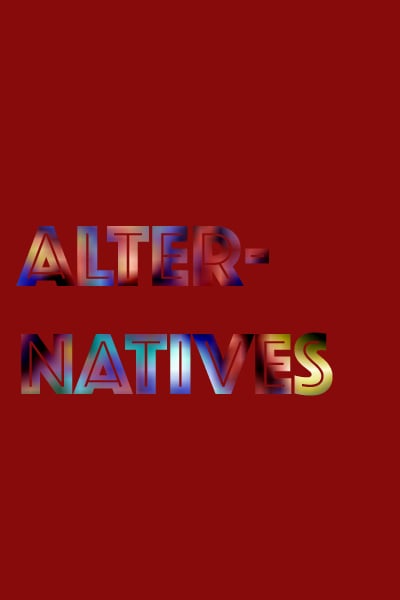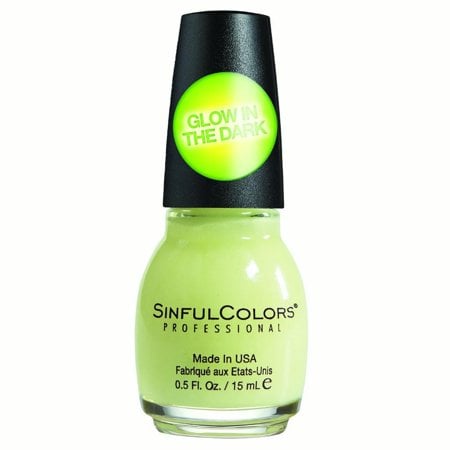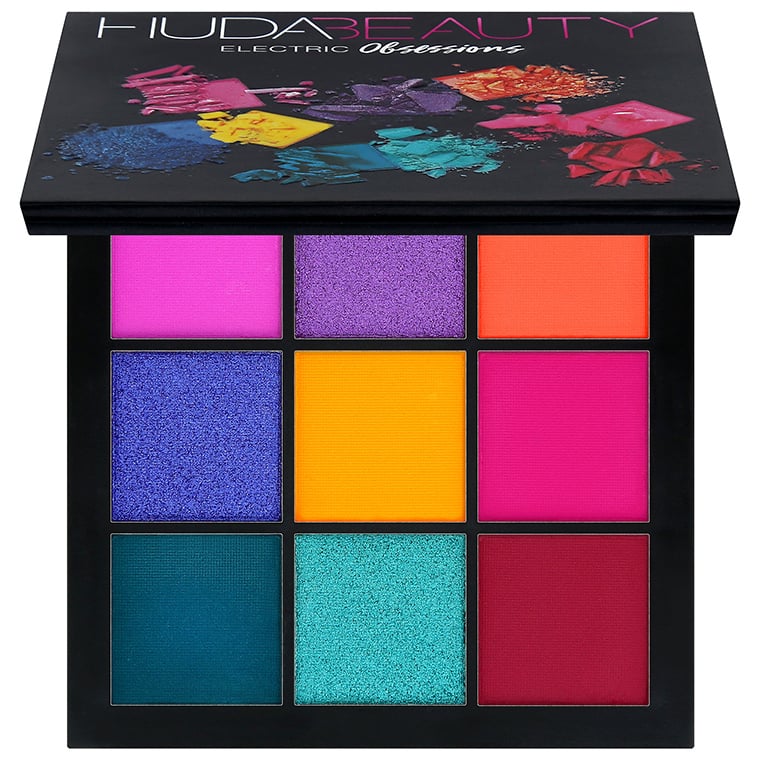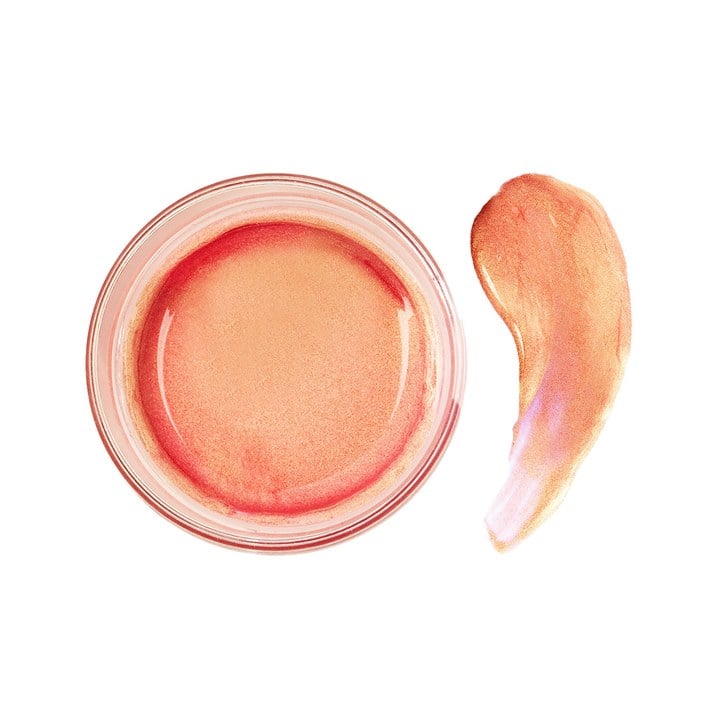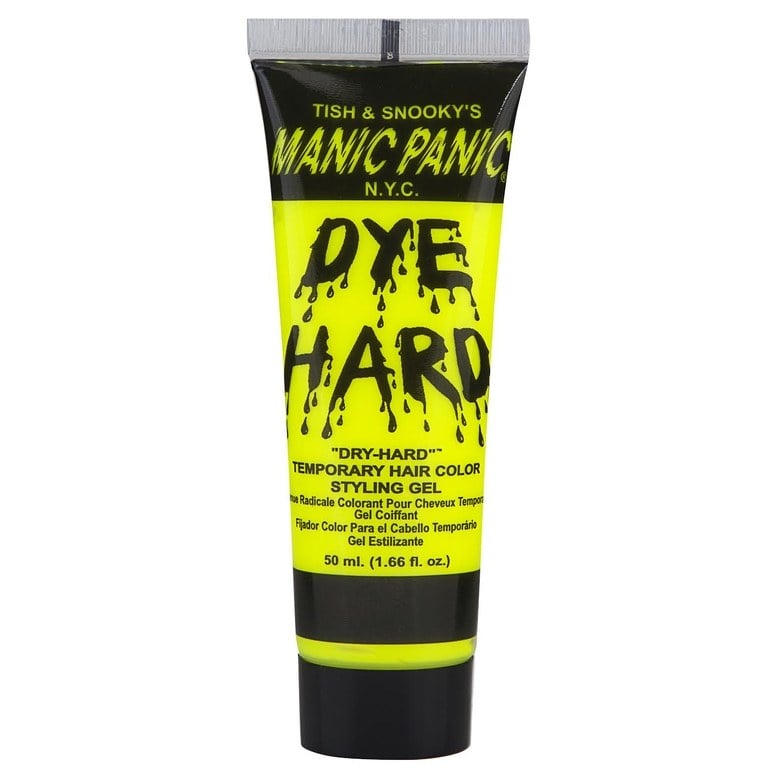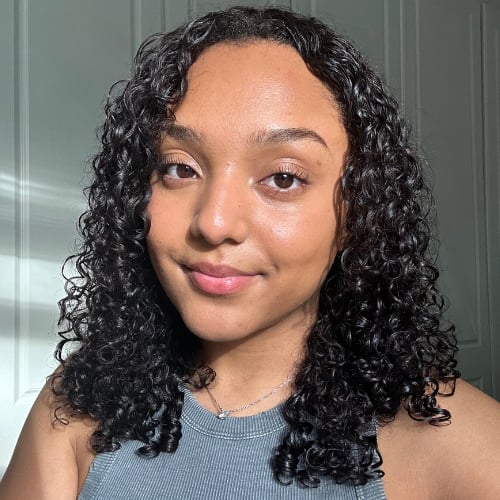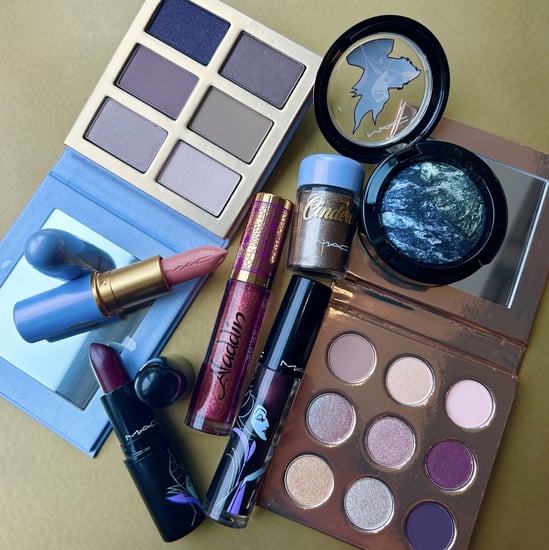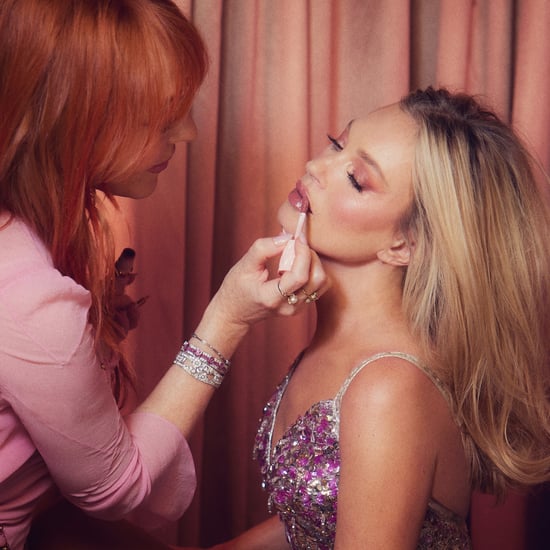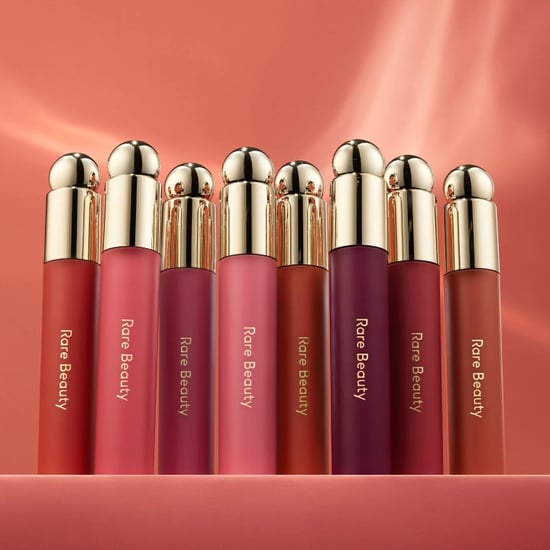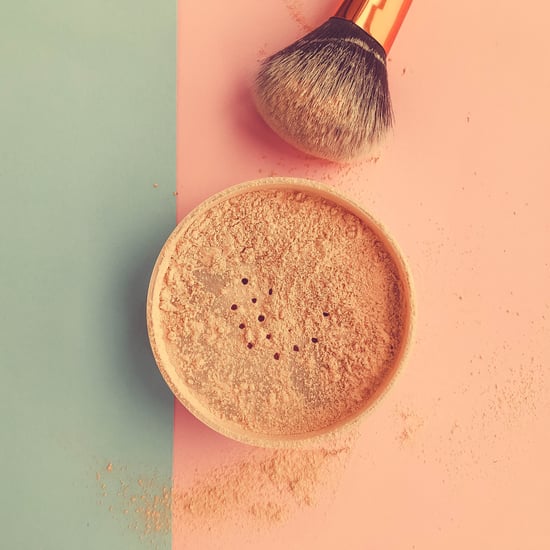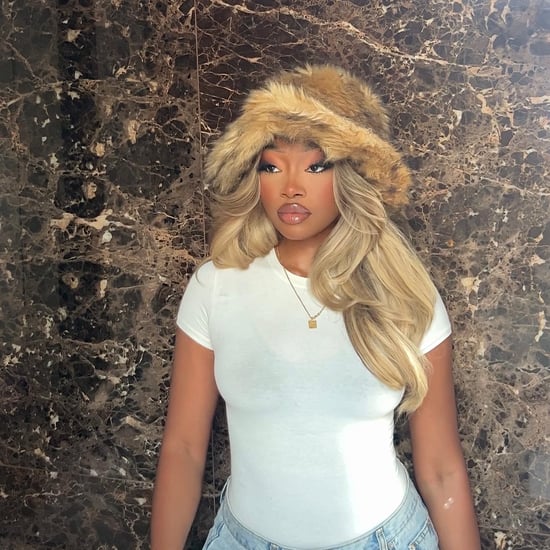Glow in the Dark Makeup
Is Your Halloween Glow-in-the-Dark Makeup Actually Ruining Your Skin?
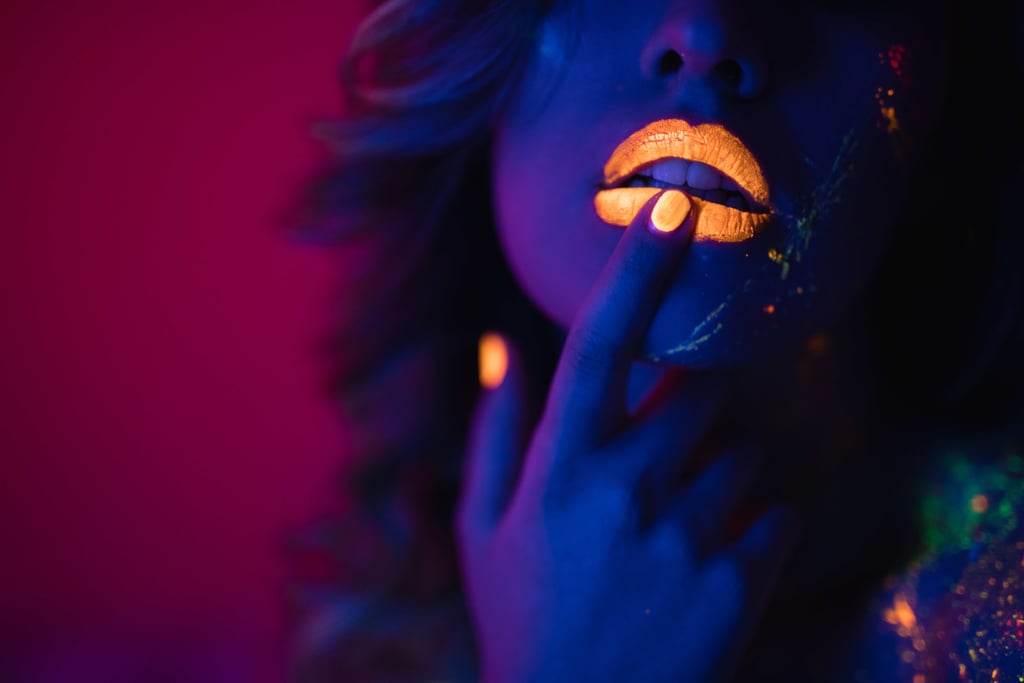
As POPSUGAR editors, we independently select and write about stuff we love and think you'll like too. If you buy a product we have recommended, we may receive affiliate commission, which in turn supports our work.
Anyone who's ever experienced that surge of excitement every time the lights went off on Room Raiders knows: things are infinitely more fun when they glow in the dark — including makeup. (Though that certainly won't be what motivates you to wash your sheets.)
The only problem? It ranks right up there with Halloween's other biggest joys — eating cauldrons of Kit Kats and guzzling down a bunch of zombie punches, obviously — in that it can do a number on your skin, especially if it's sensitive. "In Halloween makeup, there are two types of glow effects: fluorescent and luminescent," dermatologist Dr. Sejal Shah, MD, said. The former is what you might think of when you see neon or "day glow" products, she says, which can contain a number of additives that can cause reactions (more on that later). The worst offender, though, is luminescent cosmetics, since there is only one ingredient FDA-approved for limited topical use (more on that later).
"The other issue with glow-in-the-dark makeup is that these are often comedogenic, meaning they have the potential to worsen acne-prone skin," added dermatologist Dr. Curtis Asbury, MD. Before you grab your blacklight, here's everything you need to know about the stuff — because getting lit on Halloween only works if you don't feel the burn on your face.
The Lowdown on Glow-in-the-Dark Makeup
The biggest problem with smearing on luminescent makeup is that there's little regulation over what goes into it: "Unfortunately, given the little FDA regulation over cosmetics, more and more additives are being added to these products and causing reactions," said dermatologist Dhaval G. Bhanusali, MD, FAAD. "We see skincare reactions almost daily, particularly with smaller brands."
That said, there is one FDA-approved compound used in glow-in-the-dark cosmetics called luminescent zinc sulfide, which Dr. Shah says has a whiteish-greenish glow. But it comes with a caveat: "For the ingredient to actually glow, it must be activated by cooper chloride," dermatologist Dr. Matthew Elias, MD, added. "Cooper chloride is a known skin irritant, so the FDA only allows small percentages in makeup."
This isn't to say you have to forget about a Halloween glow-up entirely. If you're still after the electric look, there are a few measures you can take. . .
What To Know Before You Glow
First, know that you should limit the amount of time you leave it on your face. "These-glow-in-the-dark products should only be used infrequently and for short period times, since prolonged contact can cause skin irritation on any skin type," said Dr. Elias.
You can bid adieu to luminescent shadows or liners completely, since the eye area is especially sensitive to irritants, and should avoid the pigments around the ears or any open body area. Dr. Shah advises you scan the ingredients label, too: "These products should contain at least 99.8 percent luminescent zinc oxide and less than 0.02% cooper chloride. It should also be free form impurities, and there are FDA guidelines as to how little cooper, lead, and mercury can be in the products."
As a good rule of thumb, take the same measures you would when trying a new acne treatment or retinol. "A mini patch test is a must," said Dr. Bhanusali. "Try the product on the front of the elbow, behind the ear, or on any other small area that is hidden one to two days before Halloween, and if you don't have a reaction, you should be OK."
How — and When — To Take It Off
Biore Bicarbonate Of Soda Cleansing Micellar Water Facial Cleanser
Dr. Dennis Gross Skincare Alpha Beta Pore Perfecting Cleansing Gel
What To Use Instead
If you want to steer clear of these products, don't fear — you can get your fix of glow-in-the-dark goods this Halloween without spooking your skin. "There is less concern with using luminescent zinc sulfide in nail polish as should be expected," said Dr. Asbury.
Other options to try? Luminescent hair dye, which typically comes in one-day-only formulas and can be washed off at the end of the night, and makeup with neon-bright (but FDA-approved) ingredients. "There are eight fluorescent colours that are FDA-approved for cosmetic use," said Dr. Shah, adding that you can look for the following on the label: D&C Orange No. 5, No. 10, and No. 11; D&C Red No. 21, No. 22, No. 27 and No. 28; and D&C Yellow No. 7.
Check out a few good bets below.

